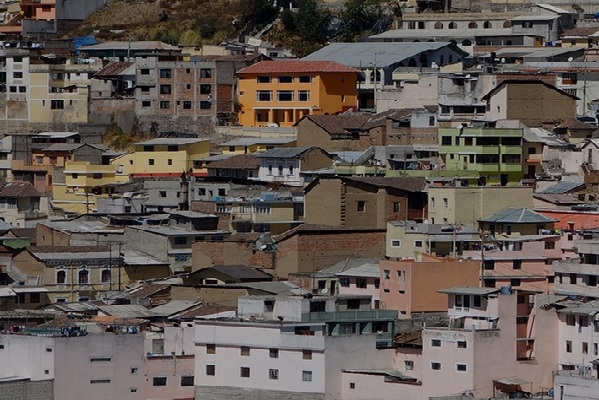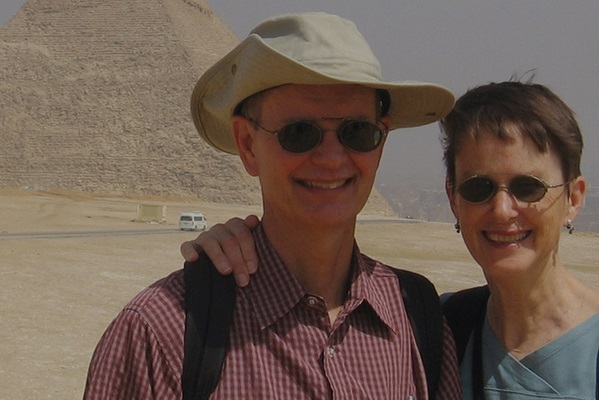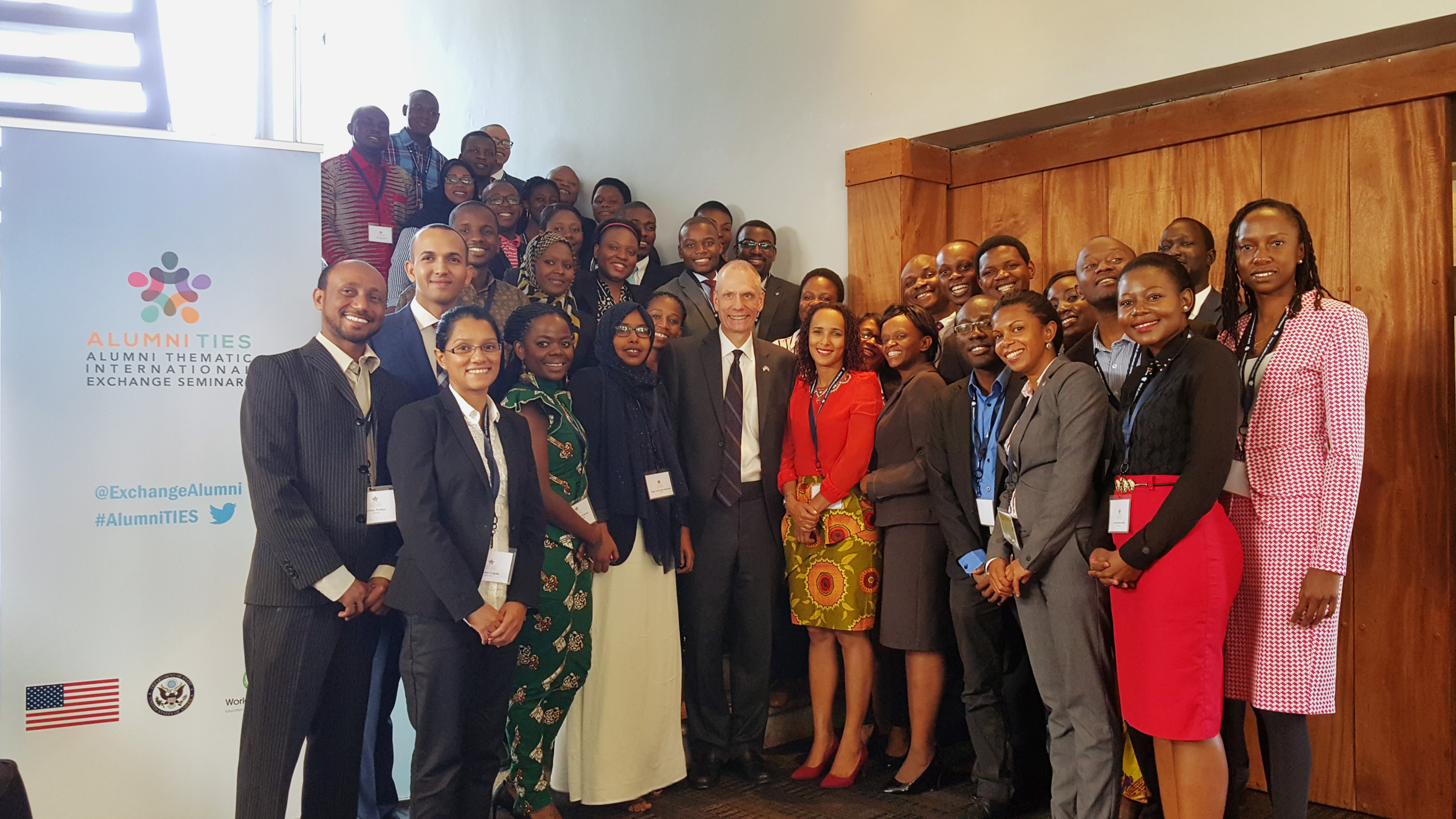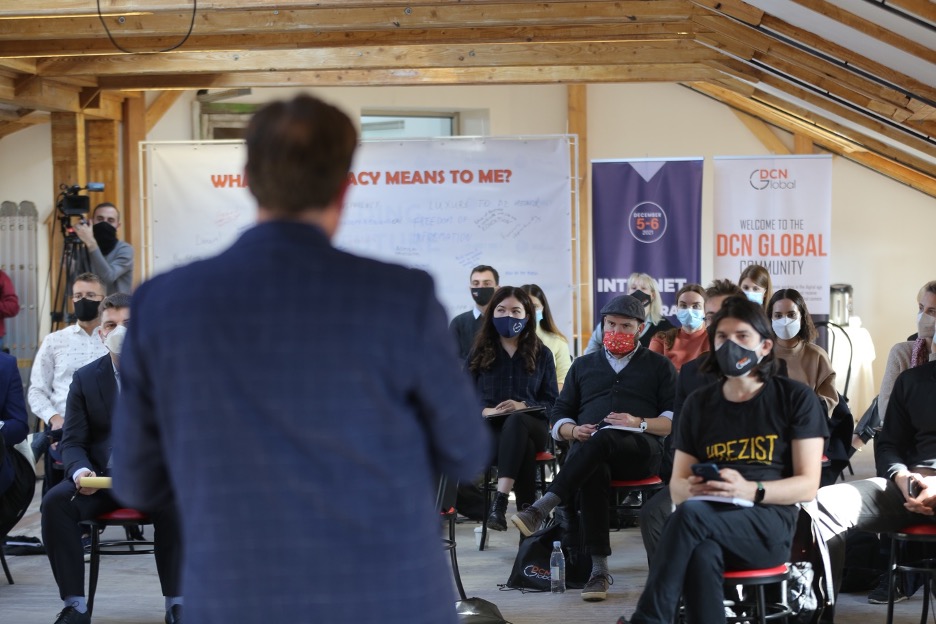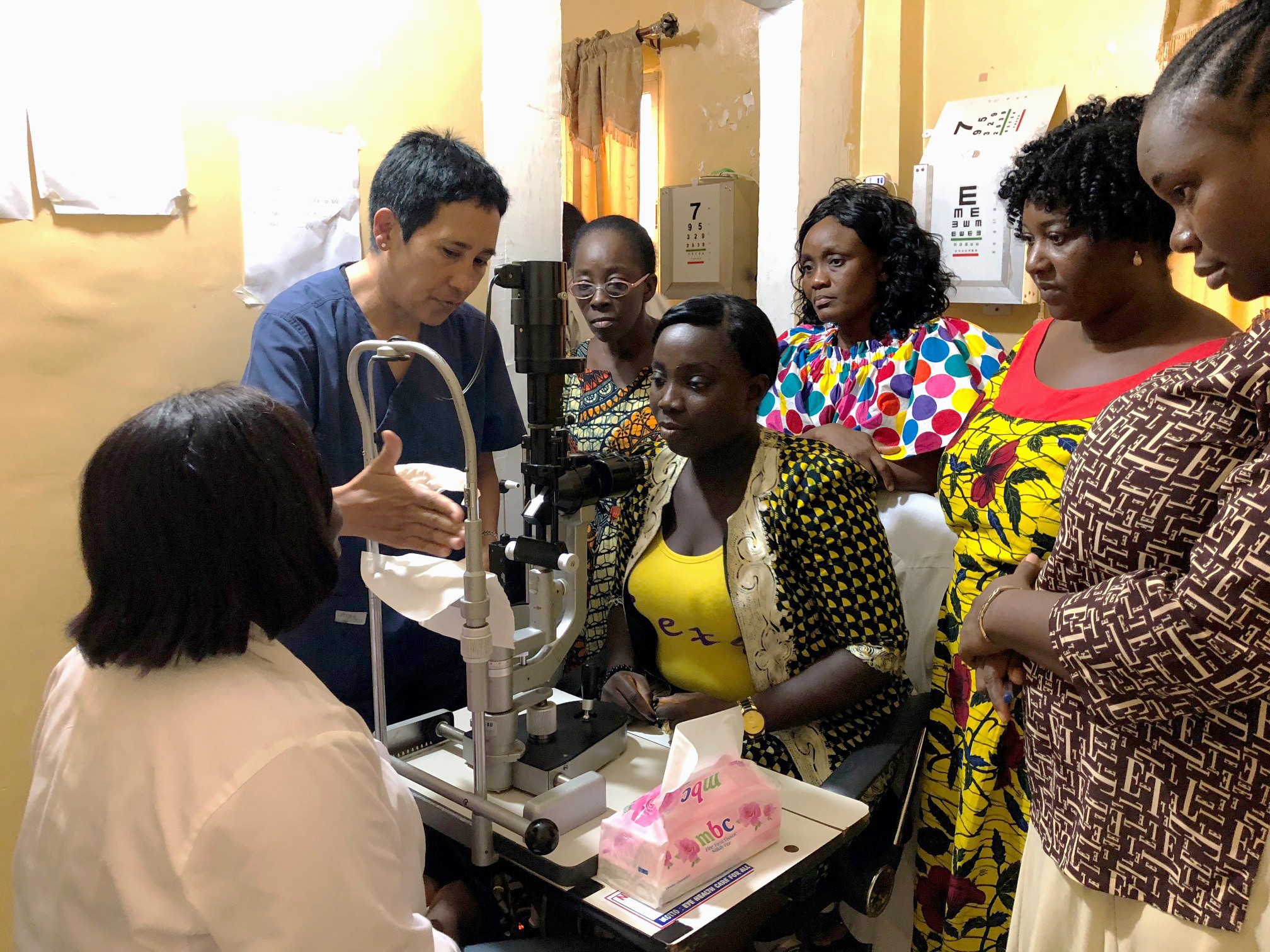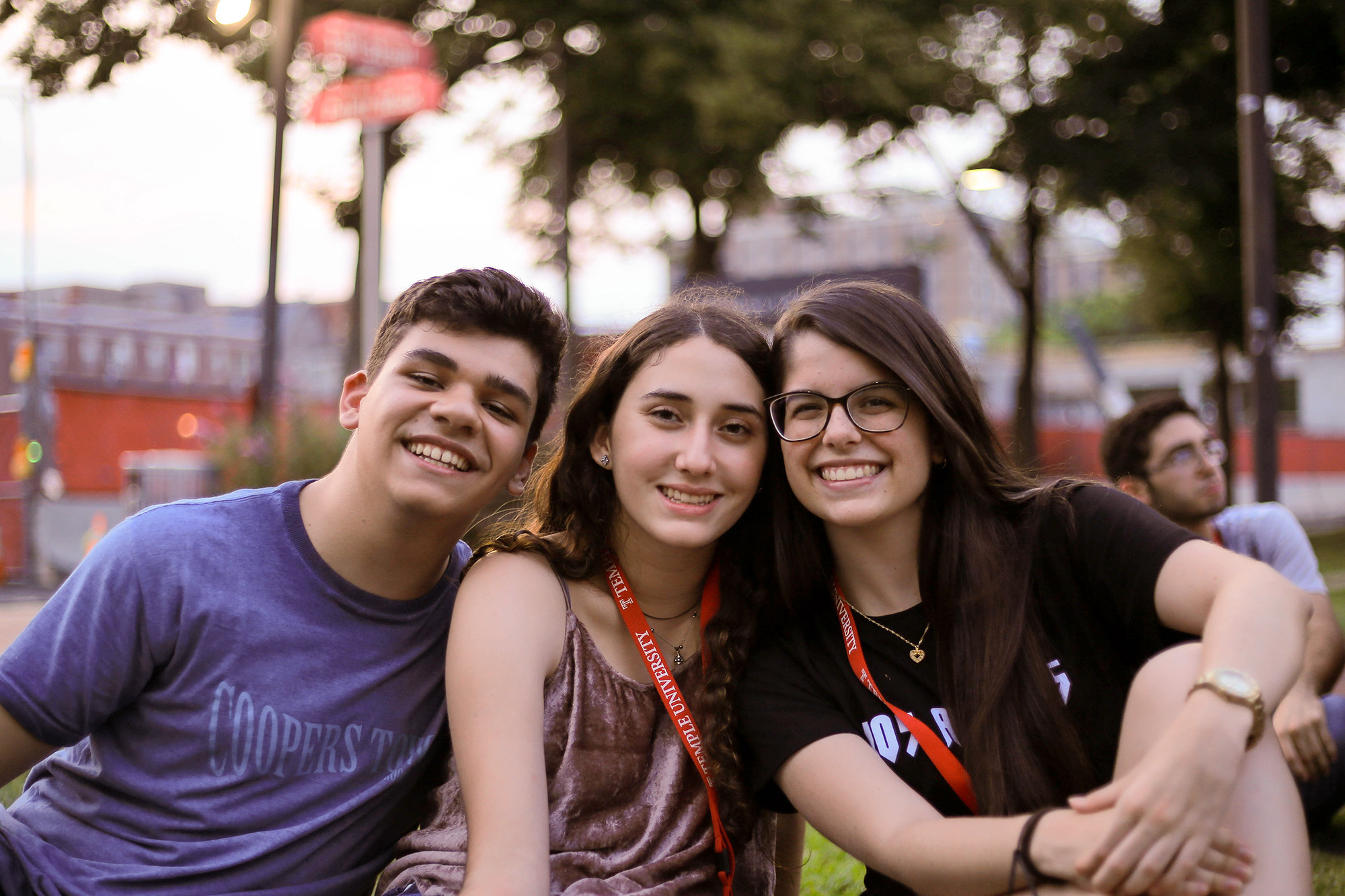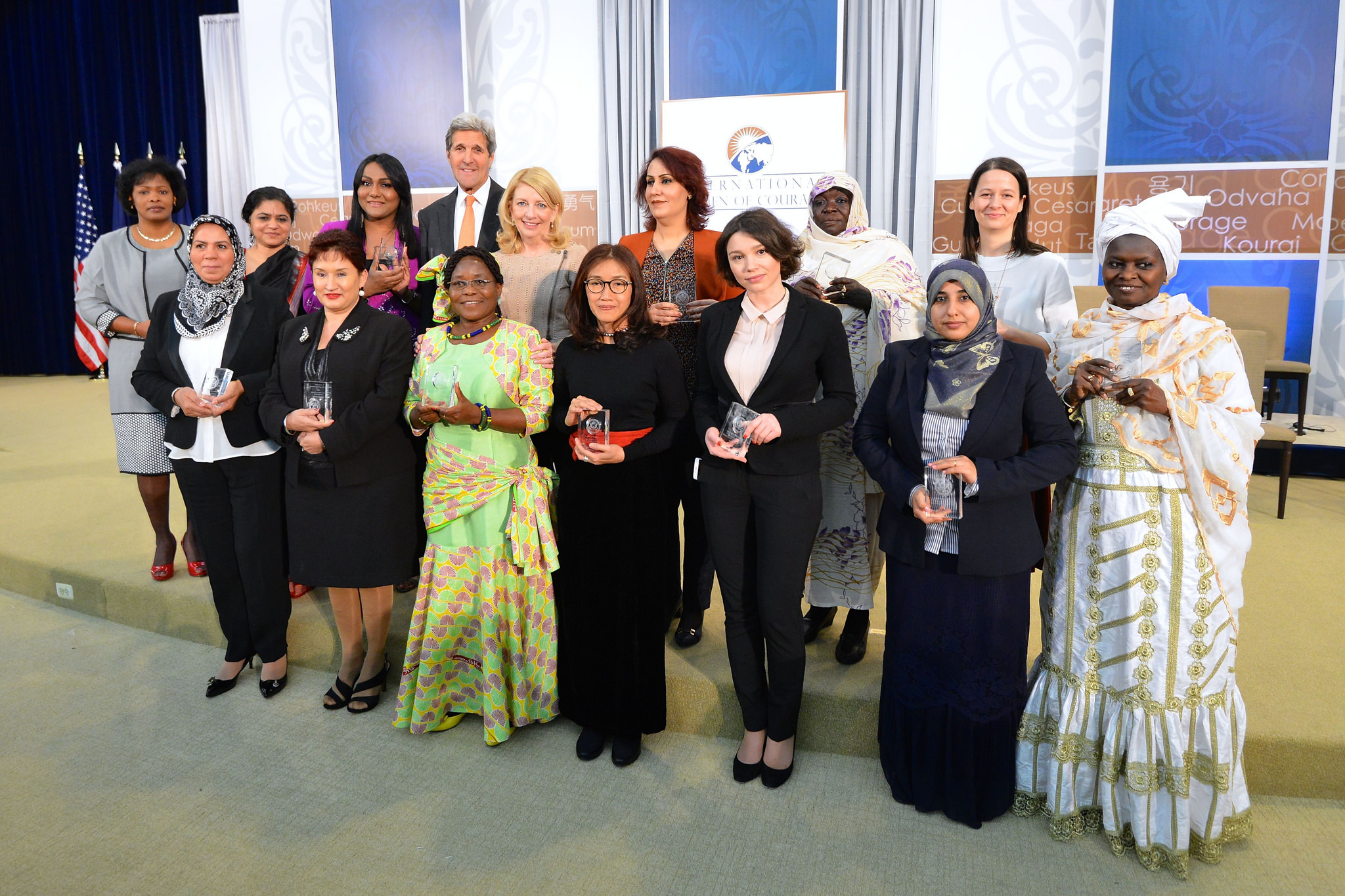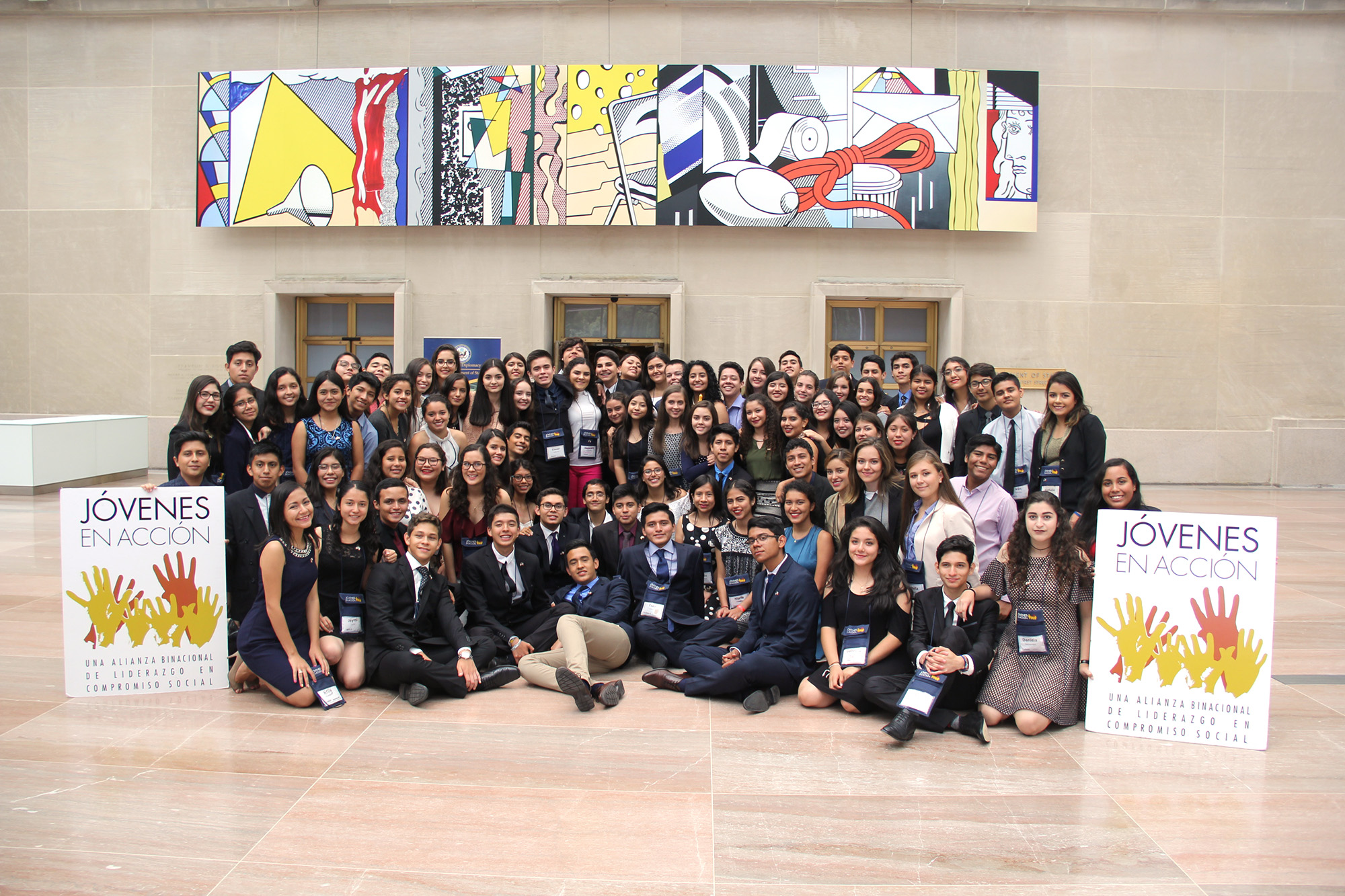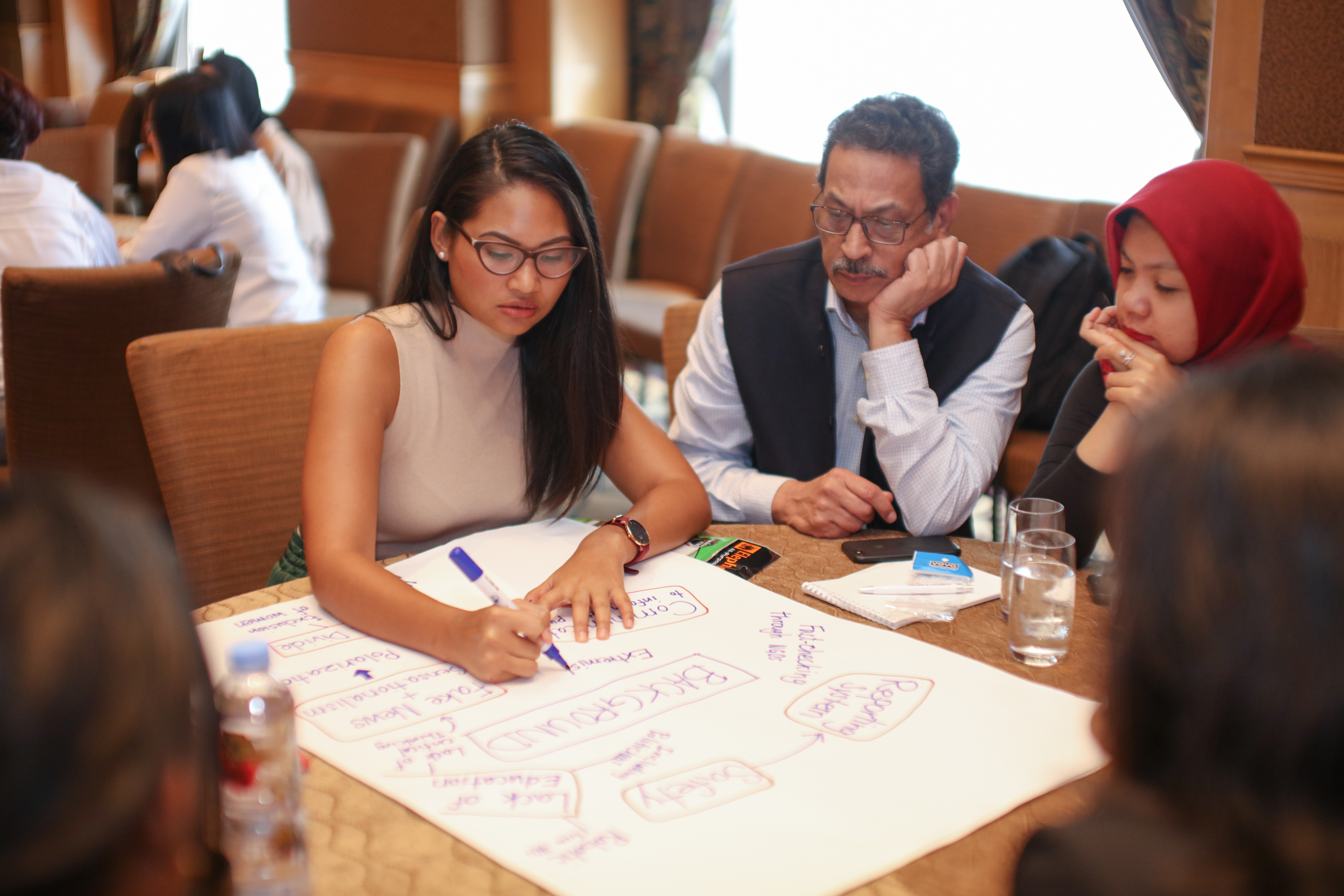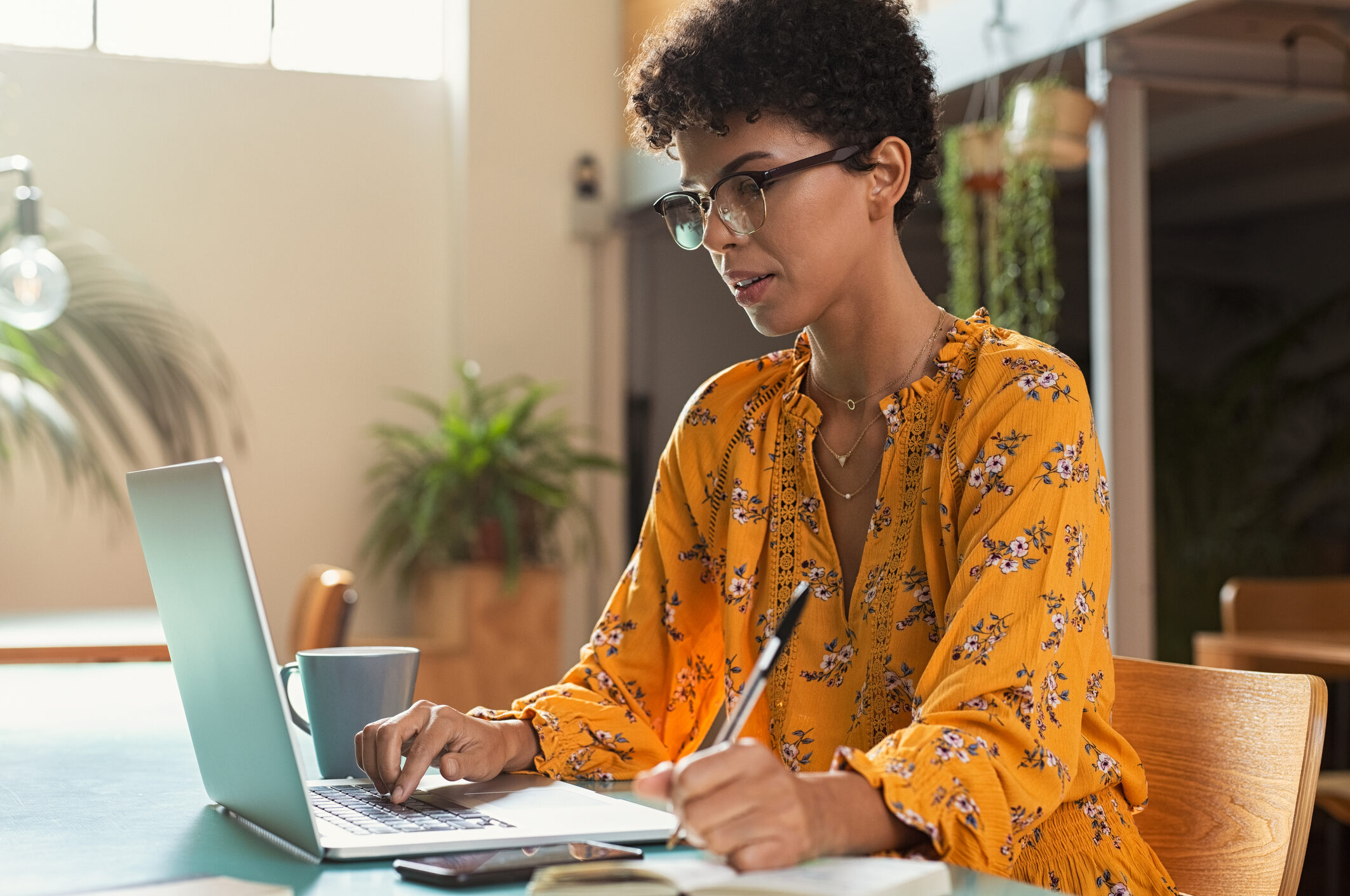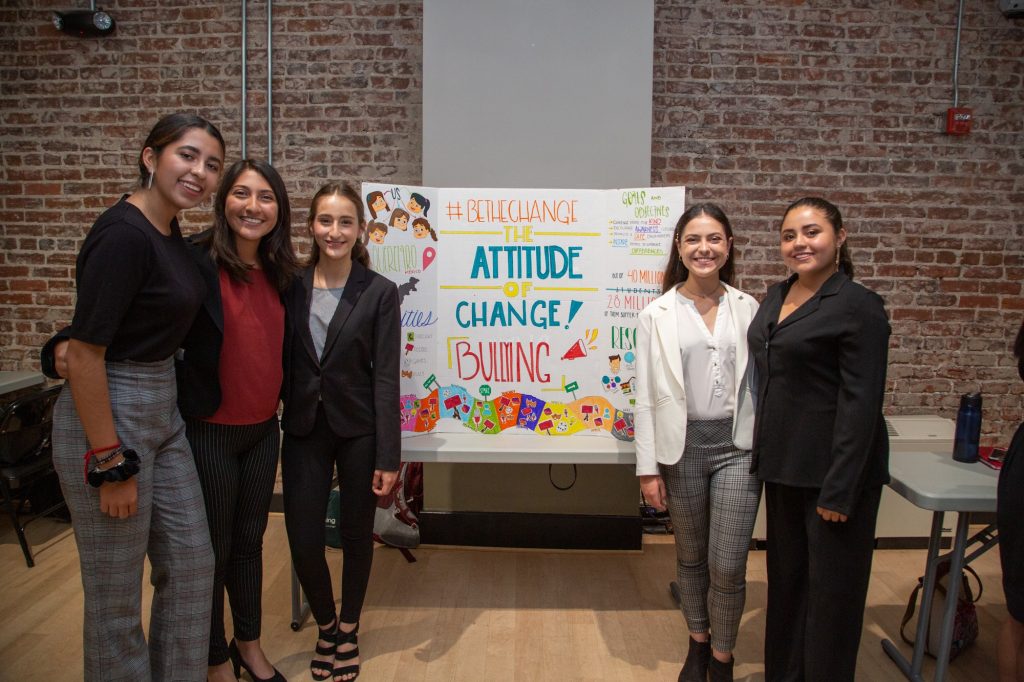
In Mexico, high school students across the country are currently hard at work addressing problems in their communities. They’re ending bullying, promoting financial literacy, and protecting the natural environment. And they’re doing so as participants in Jóvenes en Acción, a 10-month civic education and leadership program sponsored by the U.S. Department of State and the U.S. Embassy in Mexico City with funding provided by the U.S. government, La Secretaría de Educación Pública, and private funders.
Earlier this year, World Learning, as U.S. implementer of the program, brought the current class of Jóvenes en Acción participants to the United States for four weeks of leadership training and to learn about U.S. culture. During homestays in communities across the country, participants learned about how civic engagement works in the U.S. and gained insight into how they can lead projects in their communities. Afterward, they returned home to develop and carry out those projects in teams of four to five students.
World Learning spoke with several Jóvenes en Acción participants during their visit to Washington, DC, to find out what they learned during the exchange and how they plan to use it to make change back home. Here’s what they had to say:
Cesar Gonzalez Corona, 16
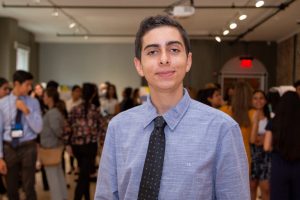
From: San Gabriel, Jalisco
Project: ¡Compacta e Impacta!
Project Focus: Creativity, Innovation and Entrepreneurship
Why did you want to join Jóvenes en Acción?
I thought it would be a great experience to improve my English and, at the same time, make my community a better place.
What issue are you most concerned about in your community?
The issue we’re facing is that grown-ups don’t care about the environment. They just throw trash anywhere — in the street, in the river, or anywhere they want.
How will your project address that issue?
Sometimes it’s harder to teach grown people than young people. So we want to teach kids how to manage trash and how to separate it correctly so that when they grow up they will be better citizens and have that knowledge.
What is the most important thing you learned during your exchange to the U.S. that will help you carry out your project?
I think the most important things I learned were strategies to talk better or be more confident. Also all the leadership strategies the program gave us were really helpful.
Gonzalo Velazquez Hernandez, 17
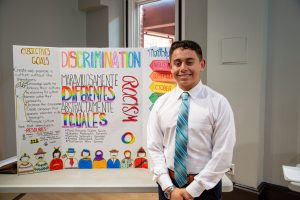
From: Atlacomulco, State of Mexico
Project: Maravillosamente Diferentes, Abstractamente Iguales
Project Focus: Discrimination
Why did you want to join Jóvenes en Acción?
It’s improved my English — and this is important for me and for my future.
What issue are you most concerned about in your community?
I think it’s heritage. We have different cultures in my community with different languages, traditions, and customs.
How will your project address that issue?
My project will talk about discrimination and racism toward other cultures. We will be sharing the cultural heritage — language, traditions, customs, beliefs — of different people in our community to build understanding between them. I think that it’s important for my community.
What is the most important thing you’ve learned during your U.S. exchange that will help you carry out your project when you go back home?
The most important thing is the English. I also learned about leaderships and [how to] talk about my project to other people.
Gadiel T Huerta, 17
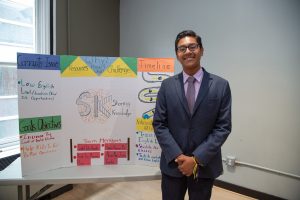
From: Puebla City, Puebla
Project: Sharing Knowledge
Project Focus: Technologies and Methodologies for English Language Learning
Why did you want to join Jóvenes en Acción?
I thought this would be a really good opportunity to improve my English, to improve my teaching skills, and also to have a lot of experiences that will make me grow as a person.
What issue are you most concerned about in your community?
There are a lot of people that don’t have enough money to get the basic education that they should receive — like poor kids that have to help their parents [earn money] instead of go to school.
How will your project address that issue?
My project is about teaching English language as a second language in our community, particularly in the Market La Acocota, which is in front of our school. In that market, the kids of the workers don’t have enough resources to pay for extra English lessons — or maybe they don’t have the resources to pay for public education or enough time to go to school. My project will teach them a second language, the basics of English.
What is the most important thing you’ve learned during your exchange to the U.S. that will help you carry out your project?
I think the most important skill I learned here was the improvement of my English. This is very important because that’s what I’m going to do when I go back to Mexico. And also [learning the] motivational skills of leadership — I have to inspire others in order to recruit volunteers and expand the project.
Diane Vaillard Ahrens, 15
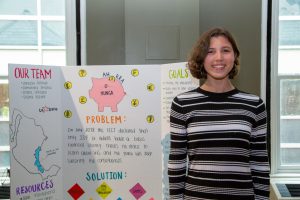
From: Boca del Río, Veracruz
Project: Ahora o Nunca
Project Focus: Financial Literacy
Why did you want to join Jóvenes en Acción?
I think it’s a very, very important program. It gives you so many skills, like leadership skills, and it prepares you not only for your project, but for your life too.
What issue are you most concerned about in your community?
I feel like there is a very non-caring culture. We waste things. For example, money, we don’t really give it the importance it should have.
How will your project address that issue?
My project is about hosting workshops after school to get youth interested in financial literacy. When they grow up and have children, they can transmit the knowledge about financial literacy, too.
What is the most important thing you’ve learned during your exchange to the U.S. that will help you carry out your project?
Jóvenes En Acción gave me the security to think that I’m really capable to develop my project. It made me feel like a good leader. So, I feel I can do a good job for my community and for others.
Carlos Chavarin Garcia, 16
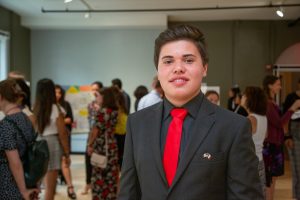
From: Magdalena de Kino, Sonora
Project: Blooming Minds
Project Focus: Creativity, Innovation and Entrepreneurship
Why did you want to join Jóvenes en Acción?
I wanted to join this program because I want to be a leader. I wanted to improve my English and visit some beautiful places in the United States.
What issue are you most concerned about in your community?
We are trying to reduce pollution in our community. People don’t care about the environment and if all of us don’t do something the world will end as we know it.
How will your project address that issue?
The way that we are going to address this problem is by holding workshops teaching people how to live in a friendly way with the environment. Also, we are planning to build a prototype of an ecological home, made of environmentally friendly materials like recycled water bottles and all that kind of stuff.
What is the most important thing you’ve learned during your exchange to the U.S. that will help you carry out your project?
The most important thing I have learned here was how to express myself and my ideas. If I know how to convince people to do something, I will have their support and we can make real change. This program really helps you learn to talk in public — it’s an amazing program.
Andrea Pineda Alcantara, 17
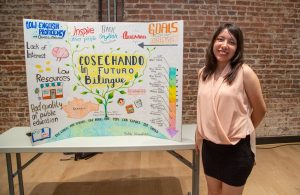
From: Santa Maria del Tule, Oaxaca
Project: Cosechando un Futuro Bilingüe
Project Focus: Technologies and Methodologies for English Language Learning
Why did you want to join Jóvenes en Acción?
I thought that it could be a great opportunity, not only to improve myself as a person but also to help the people who can’t get this opportunity because they don’t have the resources.
What issue are you most concerned about in your community?
I think it’s the poverty. There’s a lot of people who would love more resources. We see them every day in the streets trying to get some money for food or education. It hurts a lot to see those people.
How will your project address that issue?
We want to start with the children because they are the future. We want to give them free English classes. We want to inspire other people to join us as volunteers so they can help us and learn a little bit of what we’ve learned here. We can share that with them so that, when they have more time and experience, they can do that in their own communities. In this way, we can make this project bigger and bigger.
What is the most important thing you’ve learned during your exchange to the U.S. that will help you carry out your project?
I have to say that I learned a lot of things, but maybe the most important is the leadership. We mature during this program.
Alan Arriaga Ortiz, 17
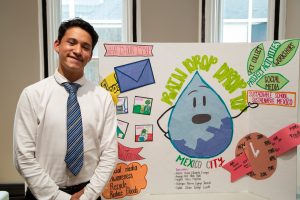
From: Coyoacan, Mexico City
Project: Rain Drop, Drop Top
Project Focus: Access to a Clean Environment
Why did you want to join Jóvenes en Acción?
I saw a problem in my community about the environment and I thought, “Oh, [this problem can help us find] a solution to this.” Sometimes people just see the problem and they don’t want to do anything to make that change.
Why are you concerned about the environment?
It’s a big problem in our time, you know? Most people say, “Oh, we have a problem with the environment.” But they don’t do anything. In my city, there are a lot of floods. So we want to create awareness in our community and make people see that they can do something. With little changes, you can make a great impact.
How will your project address that issue?
My project will work with the flood [issue]. We waste a lot of water. We want to take advantage of all the floods and recycle that water. By doing that, maybe we can make people see that they could do something too. Even people young like me and my team — if we could do something, why can’t they?
What do you think is the most important thing you’ve learned during your exchange in the U.S. that will help you carry out this project?
That there will always be people who want to support you. There always will be people who will be there for you when you want to make a change. You are not alone. So that’s what I learned, that there will always be a hand to support you if you want to make change. That’s something beautiful.
Nidia Ramirez Chale, 15
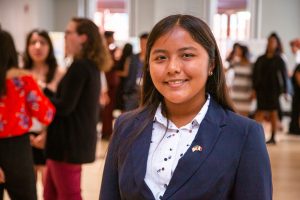
From: Merida, Yucatán
Project: U ja’il ts’ono’ot (El agua del cenote)
Project Focus: Access to a Clean Environment
Why did you want to join Jóvenes en Acción?
Because it was a great opportunity, not only to come to the U.S. for an exchange, but to help my community, including other young people, create change.
What issue are you most concerned about in your community?
There are a lot of issues, but something really important is access to a clean environment. If there is no safe environment, there is no life.
How will your project address that issue?
Our project is about the preservation of cenotes, freshwater sinkholes, because they are a principle source of water in Yucatán. We plan to teach the people who live near to them, and other youths in Yucatán, to take up proper care of the cenotes so they can continue after we end the project.
What is the most important thing you’ve learned during your exchange in the U.S. that will help you carry out your project?
It definitely is how to deal with people and how to inspire people. In my host community — that was Albuquerque — we met a lot of people with this experience. So we learned about how to treat volunteers, how to deal with authorities, and how to talk with people and be sure they listen to us.
Valeria Fonseca Jimenez, 16
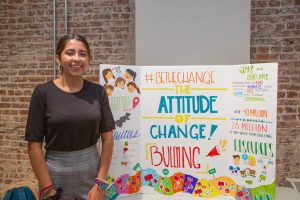
From: Corregidora, Querétaro
Project: La Actitud del Cambio
Project Focus: Bullying
Why did you want to join Jóvenes en Acción?
I wanted to join Jóvenes en Acción because I want to make a change in my community. I want people to feel heard and to know that we can do something.
What issue are you most concerned about in your community?
I think the main issue in my community is bullying because it affects 70 percent of high school students. So, it’s something we need to address and be aware of.
How will your project address that issue?
My project will address it by creating an anti-bullying program. We want kids to feel listened to, and that they have someone they can go to. We also want to create awareness about this topic and to help kids receive the help they deserve.
What’s the most important thing you’ve learned during your exchange to the U.S. that will help you carry out this project?
The most important thing I learned is that every action has a consequence. Even if you take a small action, you can save someone’s life. You have the opportunity and the power to change people’s mentalities and help others.





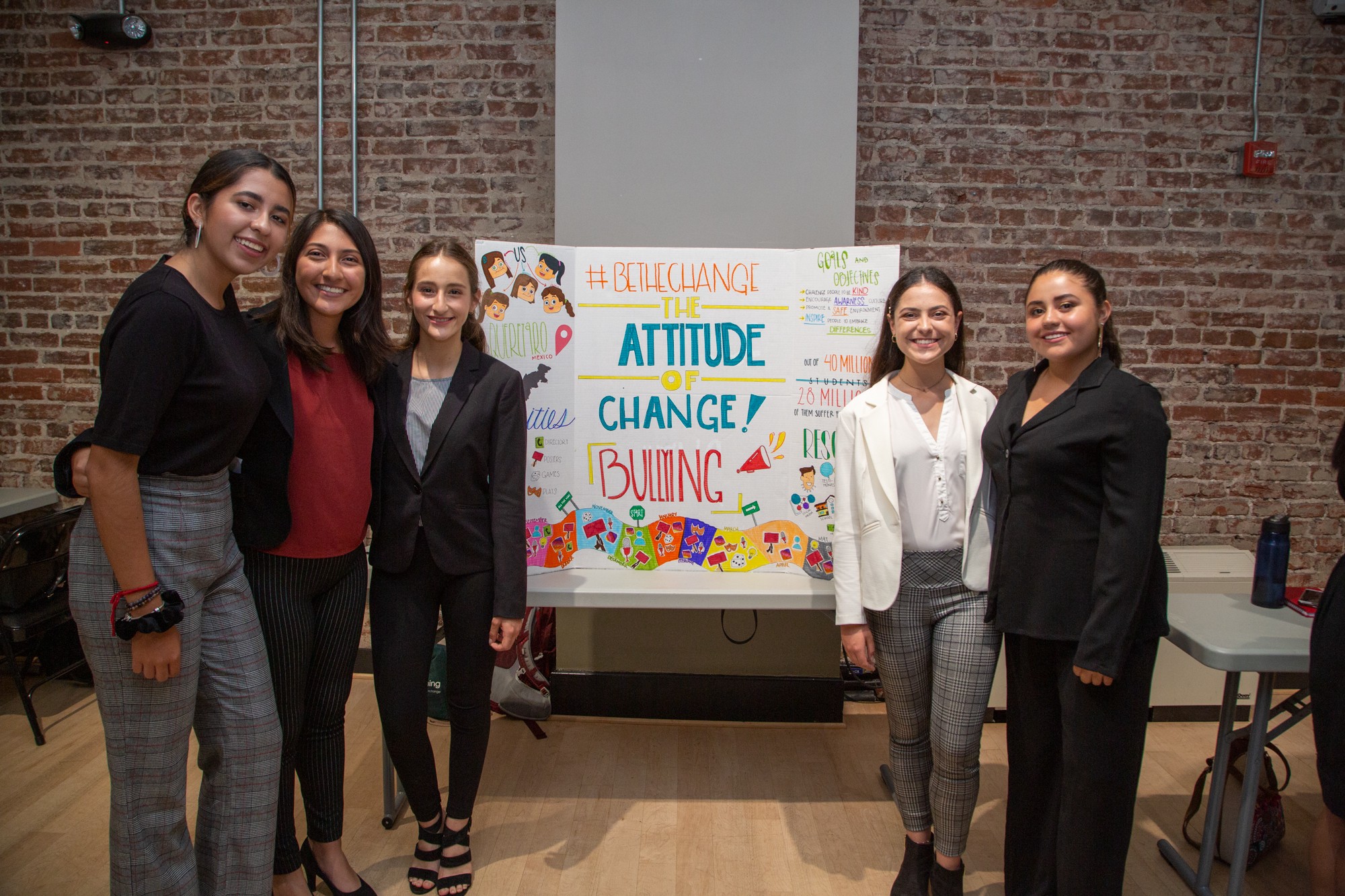
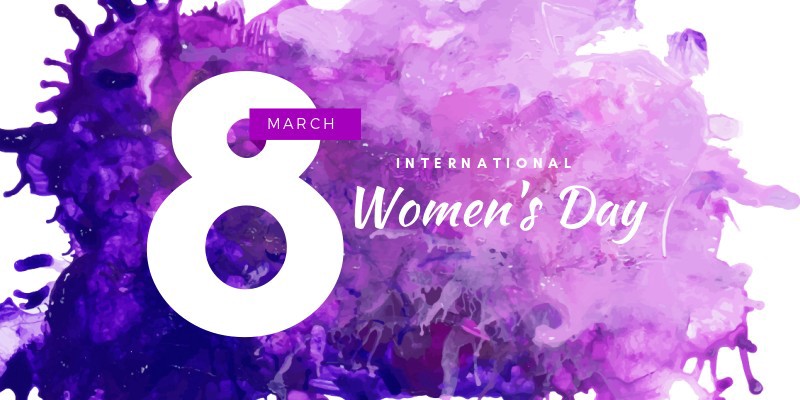
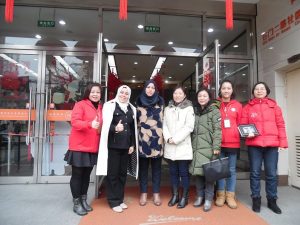 Nacira Amari
Nacira Amari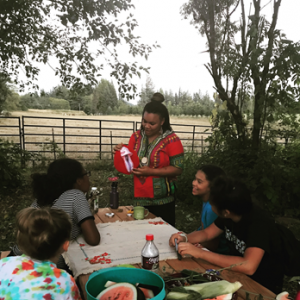 Allie Dyer
Allie Dyer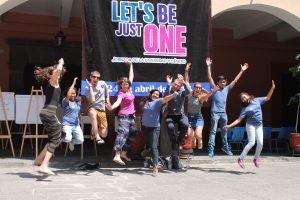 Alitzel Castillo, Jazmín Villalobos, Roberta S. Jacobson, Gladys Del Ángel, and Emmanuel Galindo
Alitzel Castillo, Jazmín Villalobos, Roberta S. Jacobson, Gladys Del Ángel, and Emmanuel Galindo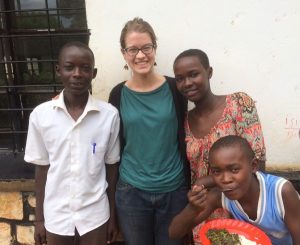 Leslie Massicotte
Leslie Massicotte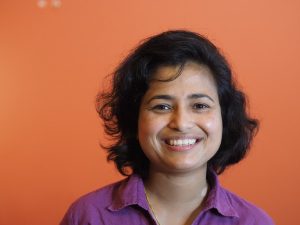 Suman Pant
Suman Pant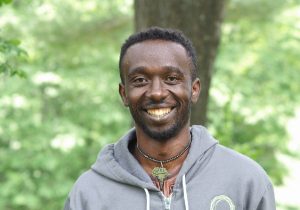 Sunday Justin
Sunday Justin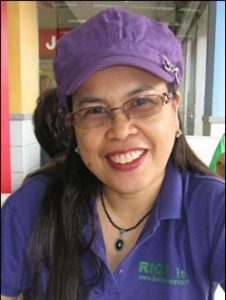 Vicky Garcia
Vicky Garcia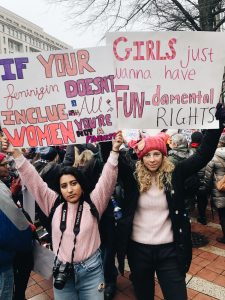 Yareni Murillo
Yareni Murillo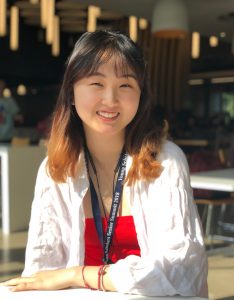 Hayeon Kayla Lee
Hayeon Kayla Lee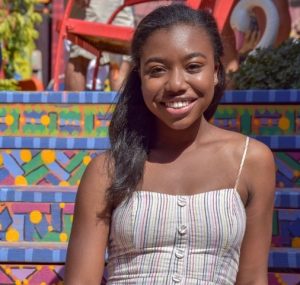 Lauren Jasper
Lauren Jasper
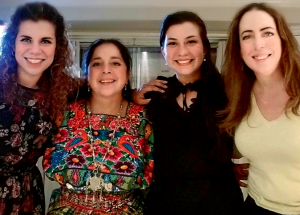
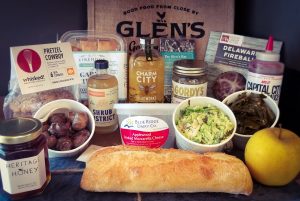
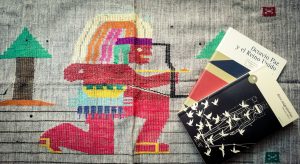
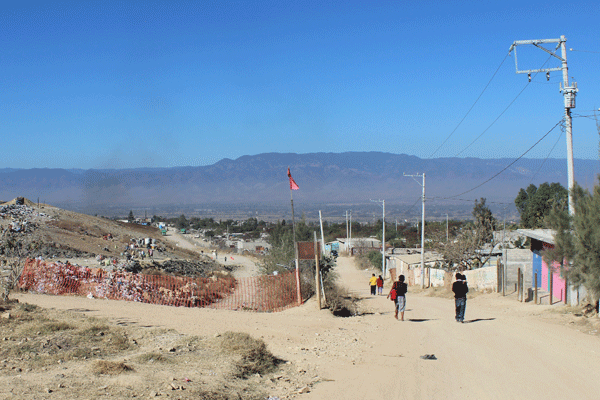
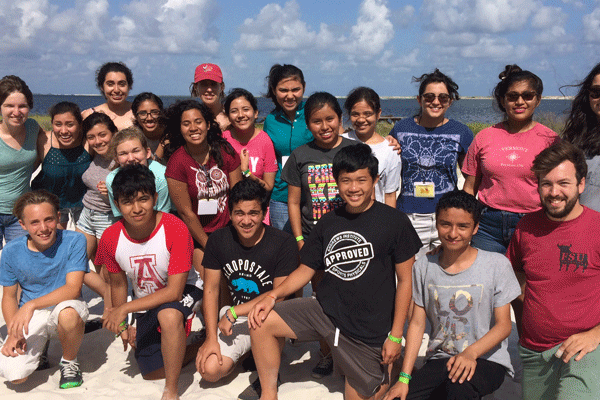
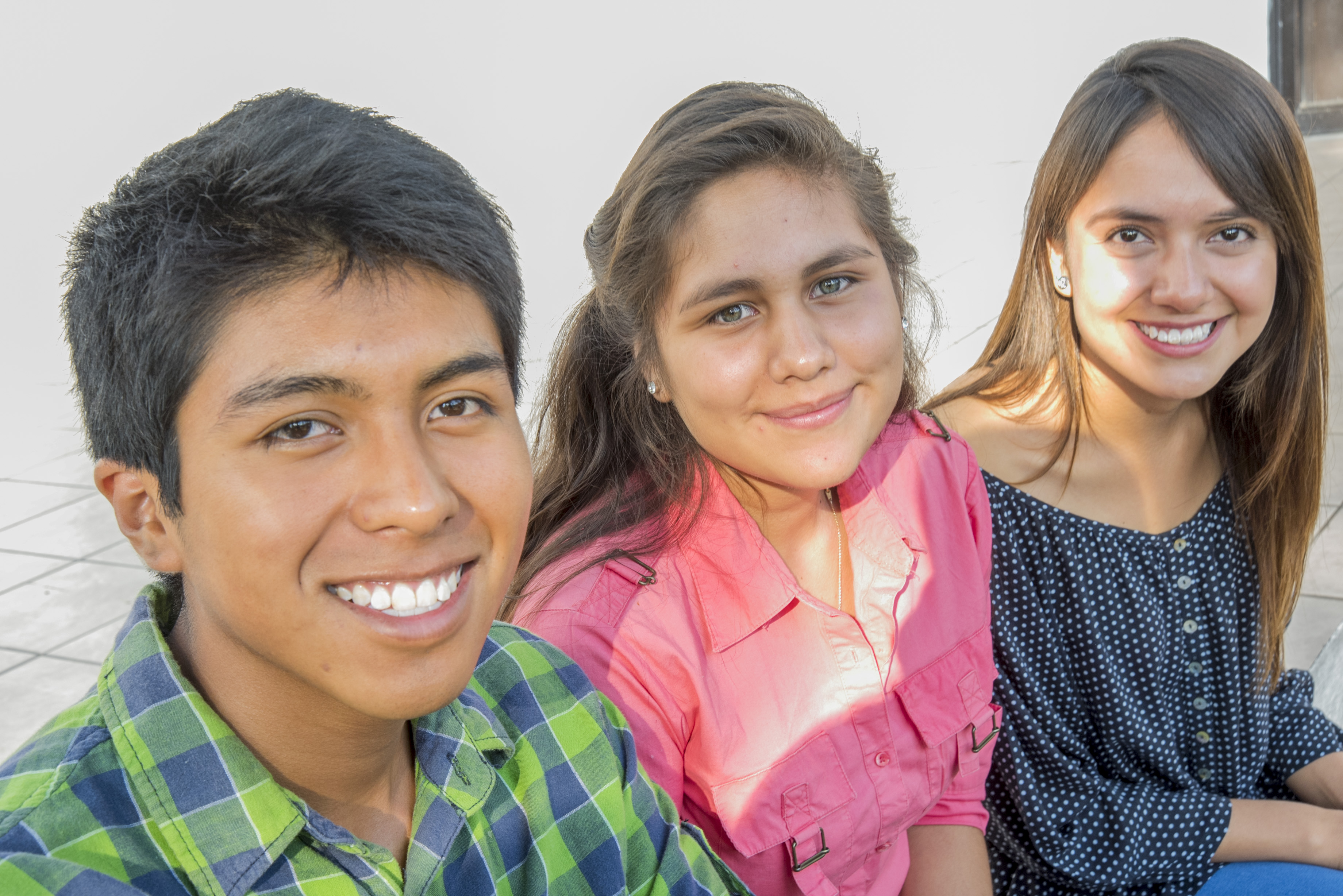
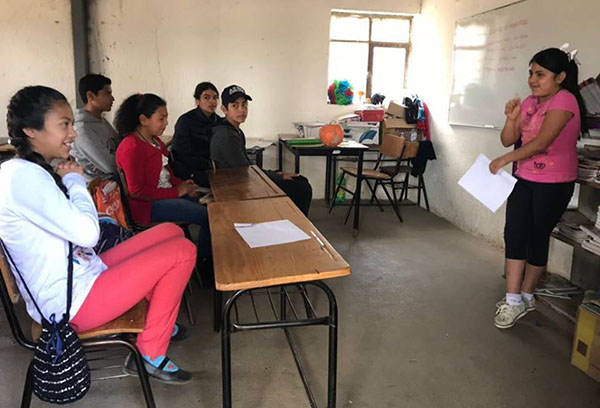
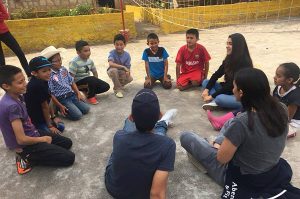
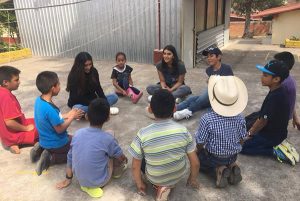
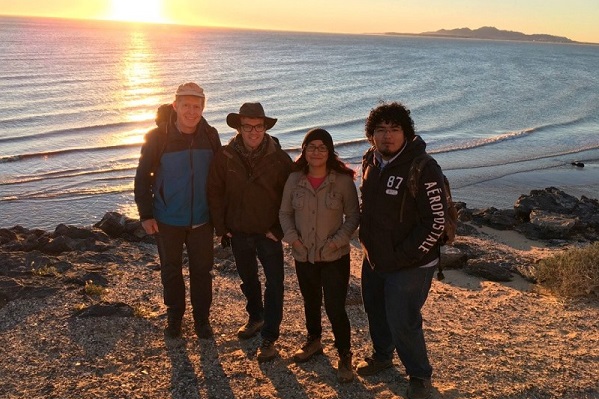
 Dobson and his Mexican counterparts believe geothermal cooperation makes sense for both countries as it has multiple uses beyond power generation and could even help diversify the local economy. For instance, geothermal sites have potential as tourist attractions — like the Blue Lagoon in Iceland — since they produce mineral spas. In some places, they are also used for fish ponds and heating homes.
Dobson and his Mexican counterparts believe geothermal cooperation makes sense for both countries as it has multiple uses beyond power generation and could even help diversify the local economy. For instance, geothermal sites have potential as tourist attractions — like the Blue Lagoon in Iceland — since they produce mineral spas. In some places, they are also used for fish ponds and heating homes.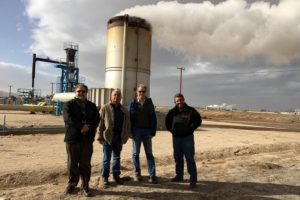 “It’s more expensive than developing solar or wind energy,” Dobson admits. “You have to explore for geothermal resources so there is an inherent risk of failure and therefore higher costs associated with it. As scientists, we seek to reduce the risk to reduce the cost. That’s where collaboration could help improve techniques,” he adds.
“It’s more expensive than developing solar or wind energy,” Dobson admits. “You have to explore for geothermal resources so there is an inherent risk of failure and therefore higher costs associated with it. As scientists, we seek to reduce the risk to reduce the cost. That’s where collaboration could help improve techniques,” he adds.